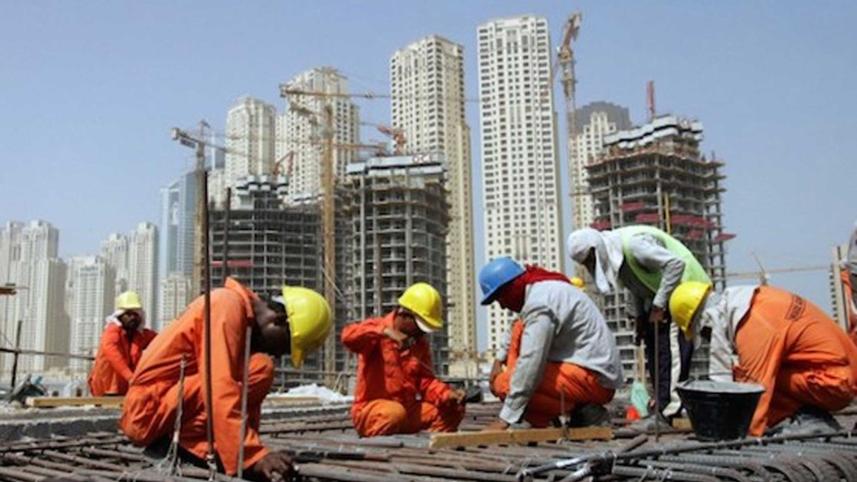Time to address the social cost of migration

While the contributions of our migrant workers to the economy are often glorified by policymakers and government agencies, the pitfalls of migration, especially its social cost, remain largely unaddressed. Not much research has been done on the condition of the migrant workers' families—how they are coping with social pressures in the absence of the only earning members of their families. A report by this daily on January 29, 2022 looked into the lives of the female members of such families and found that they were in a vulnerable condition, barely surviving with the little money their husbands send back home. Many women find it hard to send their children to school due to financial instability.
Reportedly, in most cases, the migrants collect money for migration by selling what little land they have or by borrowing money from lenders at a high interest rate. And after the men in the families leave for foreign lands, it is their wives who have to face the lenders who put pressure on them to pay off the debt. This is more or less the situation of many migrant workers' families.
A research study published by the Refugee and Migratory Movements Research Unit (RMMRU) in 2020 provides some insight on the issue. The study was carried out on 831 women and 1,784 children who were left behind in different migration-prone districts. It revealed that, although economic gains of migration are enjoyed by the nation at large as well as by the migrant households as a unit, the social costs of migration are mostly borne by the individual household members. According to the study, the women in such families are not only overburdened with responsibilities, but they also go through psychological stress and have to regularly encounter the social perception that they are "leading a comfortable life by spending their husbands' hard-earned money," which is unfortunately not the case for the majority of them. The study also finds that 15 percent of the children in such families have failed to cope with their situation.
As our migrants toil away in foreign lands for a better future, their families at home cannot be left to suffer like this. The government should take initiatives to help these families—not only by financially assisting those in need, but by providing counselling support as well. The local government bodies can arrange awareness programmes with an aim to change the social attitude towards the families. The Wage Earners' Welfare Board of the migrants should also come forward with their assistance. And special attention must be given to the children of such families at school, so they don't feel left behind.



 For all latest news, follow The Daily Star's Google News channel.
For all latest news, follow The Daily Star's Google News channel.
Comments